financial inclusion
September 2, 2014
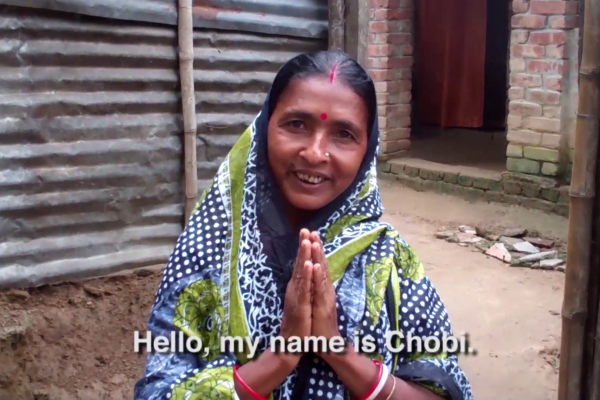
Published by Isabel Whisson at Sep 02 2014
Categories
“When it would rain, we did not have a dry area to sleep… I used old and torn rags to cover my children.” The video speaks for itself. A self-told story about how Chobi Rani, with the assistance of BRAC, brought herself out of the harshest forms of poverty, to feed and send her children to school, live in a comfortable home and maintain successful enterprises in farming.
August 12, 2014
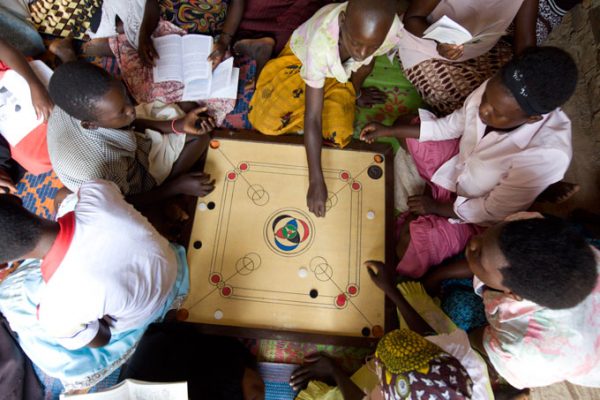
Published by Shagufe Hossain at Aug 12 2014
Categories
Around 20 girls sit in a small room, decorated with messages about leadership, reproductive health and family planning along with pictures they have drawn themselves. This is a BRAC Empowerment and Livelihood for Adolescents (ELA) club. This particular club called Bwebajja is located in a semi-urban area, under BRAC’s Kajjansi branch in Uganda. Huddled together, the girls look up at us, muzungus (foreigners) with awe and anticipation. They know who we are. They know BRAC. They call it “Blaca.”
July 9, 2014
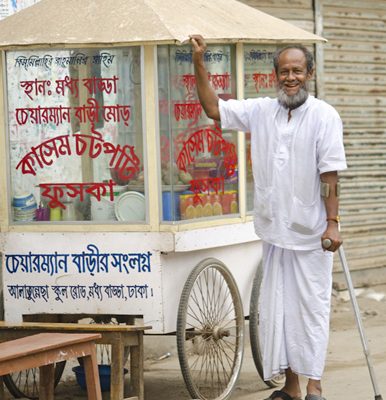
Published by Isabel Whisson at Jul 09 2014
Categories
On 24 June, 2014, BRAC welcomed Joshua Goldstein from the Center for Financial Inclusion at Accion, to Bangladesh. Josh, a key figure in the campaign for disability-inclusive development, is helping to galvanise a worldwide movement that takes financial inclusion that necessary step further- including persons with disabilities. Naturally - connecting with the world’s largest NGO seemed like a great place to start.
June 1, 2014
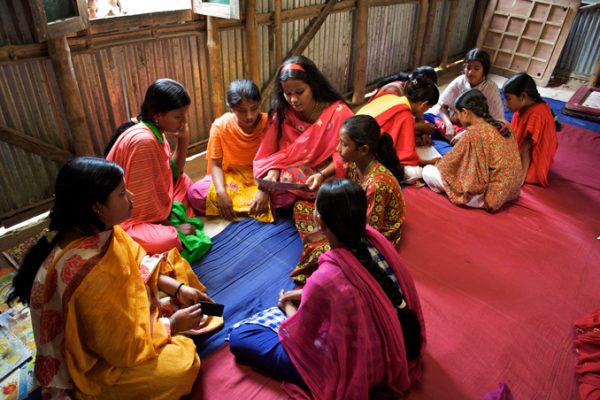
Published by Tasmia Rahman at Jun 01 2014
Categories
We are excited to officially announce the winners of the innovation fund for mobile money challenge! These projects were selected from the 100 ideas that were submitted on the innovation fund challenge web site, reviewed by external advisors, and finally decided on by an internal judging panel. These projects will be implemented over the course of the next year by BRAC in Bangladesh—so stay tuned for many more updates!
January 28, 2014
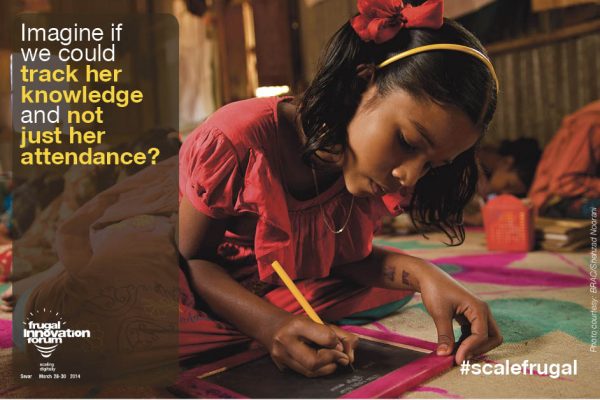
Published by Maria A May at Jan 28 2014
Categories
Last week I wrote about mobile phones and the potential for unbanked and poor households to benefit from digital financial services, as an introduction to topics that we’ll explore on Day 1 in the upcoming Frugal Innovation Forum: Scaling Digitally. Day 2 will bring yet another exciting and urgent topic—data.
January 22, 2014

Published by Maria A May at Jan 22 2014
Categories
As if that’s not enough, there will be substantial growth in the number of people online. Google is hoping to create access for 50 million women in India alone. Most of this won’t be through computers. The “one laptop per child” mantra has given way to a “one affordable, probably made-in-china smart phone per child” approach.
June 19, 2013
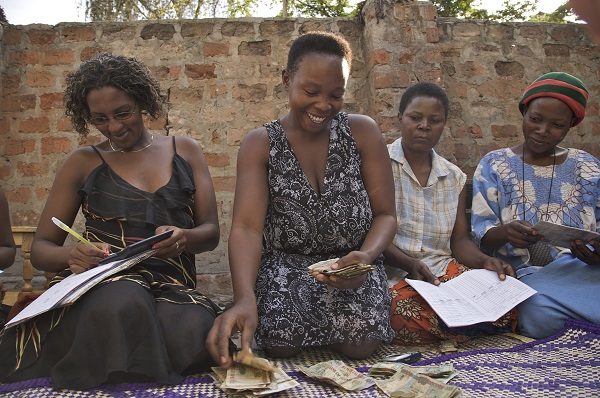
Published by Oscar Abello at Jun 19 2013
Categories
A lack of formal financial services serving the poor and even middle income households leads to those households finding ways to supply financial services themselves. Wealthy country or not.
June 12, 2013
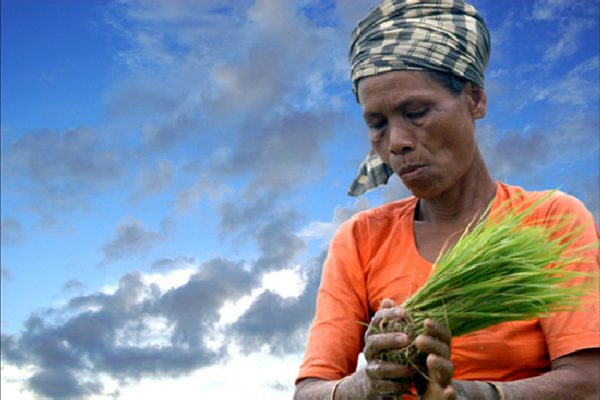
Published by BRAC at Jun 12 2013
Categories
Bangladesh is a recent entrant into branchless banking – deployments only began in earnest in the middle of 2011. CGAP reviewed the first year of branchless banking (referred to as “mobile financial services” in Bangladesh) together with Bangladesh Bank up to March 2012.
November 17, 2011
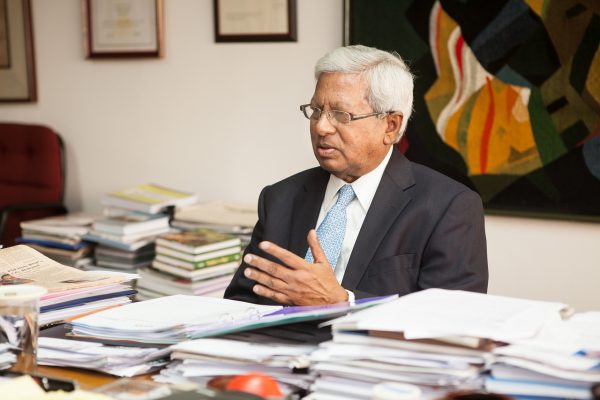
Published by BRAC at Nov 17 2011
Categories
The world's largest antipoverty organization advocates a market-oriented approach to job creation and poverty alleviation, putting poor borrowers on a path to prosperity by giving them a “business in box.”
November 15, 2011
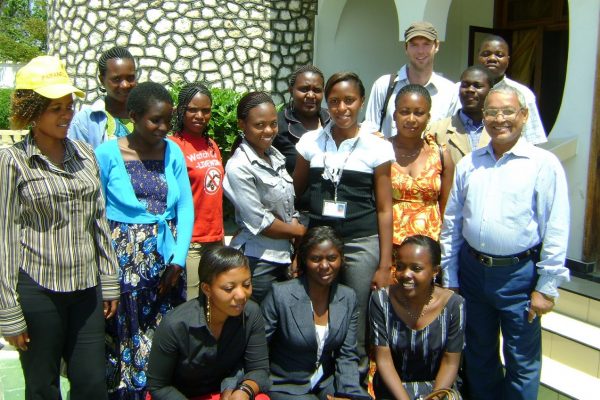
Published by BRAC at Nov 15 2011
Categories
A few weeks ago, I found myself in Mbeya, the southernmost region of Tanzania. It's not an easy task to get here, for Mbeya lies some 800 kilometers from the capital, Dar-es-Salam, near the borders of Zambia and Malawi.
November 8, 2011
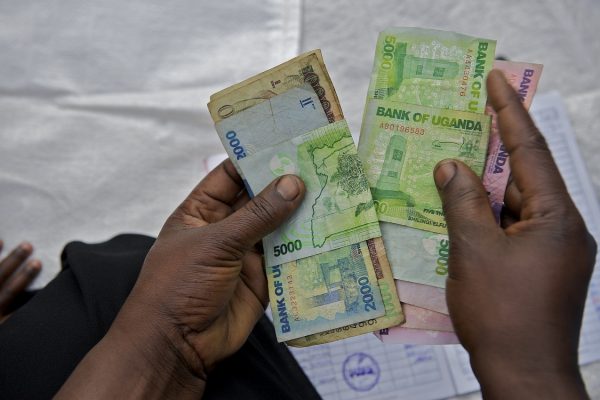
Published by BRAC at Nov 08 2011
Categories
The below post was originally published on The MasterCard Foundation blog by Peggy Woo, CFO of The MasterCard Foundation, after her latest trip to visit BRAC's programs in Uganda. The MasterCard Foundation partnered with BRAC Uganda in 2008 to scale up our programs to defeat poverty to reach 4.2 million Ugandans.
October 27, 2011
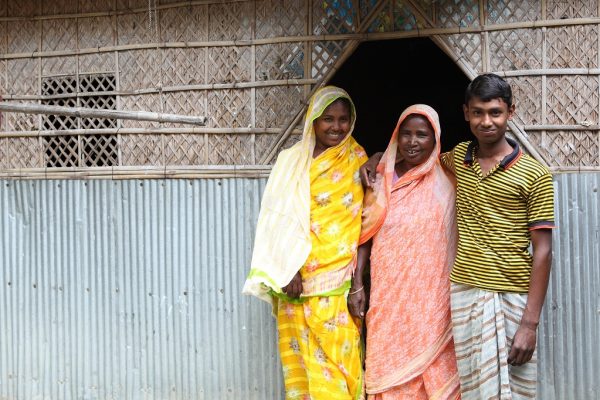
Published by BRAC at Oct 27 2011
Categories
The following was originally posted on the CGAP Graduation blog by Janet Heisey, Director of the Asia Program at Trickle Up. The research paper "And Who Listens to the Poor? Shocks, Stresses and Safety Nets in India and Pakistan" by Karishma Huda, Sandeep Kaur and Nicolina Lamhauge, offers an interesting framework for qualitative evaluation of livelihood programs, such as those we implement at Trickle Up. It posed and answered some interesting questions: what keeps extremely poor people trapped in cycles of deprivation? Does the Graduation Program address these constraints? How can programs allocate resources to ensure that the maximum number of participants succeed?

